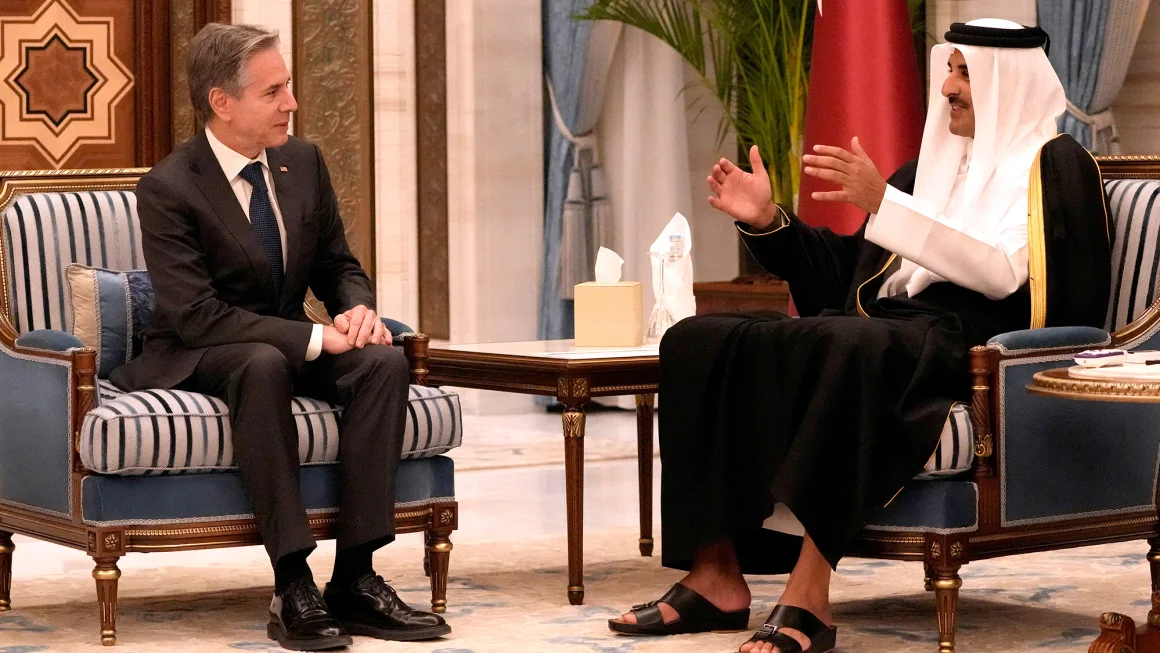This week, the Arab nation of Qatar expressed doubts about continuing its critical mediation role between Israel and Hamas, signaling a potential reassessment of its involvement amidst growing criticism of its ties with the Palestinian militant group. Despite public frustrations voiced by Prime Minister and Minister of Foreign Affairs Sheikh Mohammed bin Abdulrahman Al Thani, experts and analysts agree that Qatar is unlikely to abandon its role due to its unique position and strategic alliances.
Sheikh Mohammed bin Abdulrahman Al Thani, addressing a press conference in Doha, highlighted the misuse of Qatar’s mediation efforts for “narrow political interests” by some parties involved in the conflict. “There are limits to this role and our ability to participate in these negotiations constructively,” Al Thani stated, emphasizing the challenging position Qatar finds itself in during a “sensitive and delicate stage” of the hostage-ceasefire talks.
Despite these challenges, Qatar’s longstanding relationships and coordination with the United States and Egypt in securing the release of over 100 Israeli hostages in Gaza position it as an indispensable mediator. The country has faced allegations from both Israel and its allies in the U.S. Congress, accusing it of closeness to Hamas and obstruction of negotiation progress. In response, Doha has robustly defended its role since the onset of the conflict.
Analysts like Anna Jacobs from the International Crisis Group and former Israeli diplomat Daniel Shek provide insights into the motivations behind Qatar’s persistence. Jacobs points out that Qatar is mindful of the criticism, especially from U.S. politicians, yet remains committed to mediation. Shek suggests that Qatar enjoys the international spotlight and holds “the best position to play in this negotiation,” making its complete withdrawal unlikely.
The geopolitical landscape also underscores Qatar’s strategic importance. Hosting Hamas’ political office and a significant U.S. military presence, Qatar has navigated complex relations since it supported the Arab Spring movements in 2012. Despite periodic frictions, such as the critique from Israeli Prime Minister Benjamin Netanyahu and allegations by U.S. politicians like James Comer and Steny Hoyer, Qatar continues to assert its pivotal role in the peace process.
As Qatar contemplates its future in these critical peace negotiations, the balance between its geopolitical strategy and international pressures remains delicate. The State of Qatar’s decision to evaluate its role highlights a broader narrative of the intricate dance of diplomacy in conflict resolution. As the region watches closely, Qatar’s next steps will likely influence not only the current hostage negotiations but also its long-standing international relationships.







